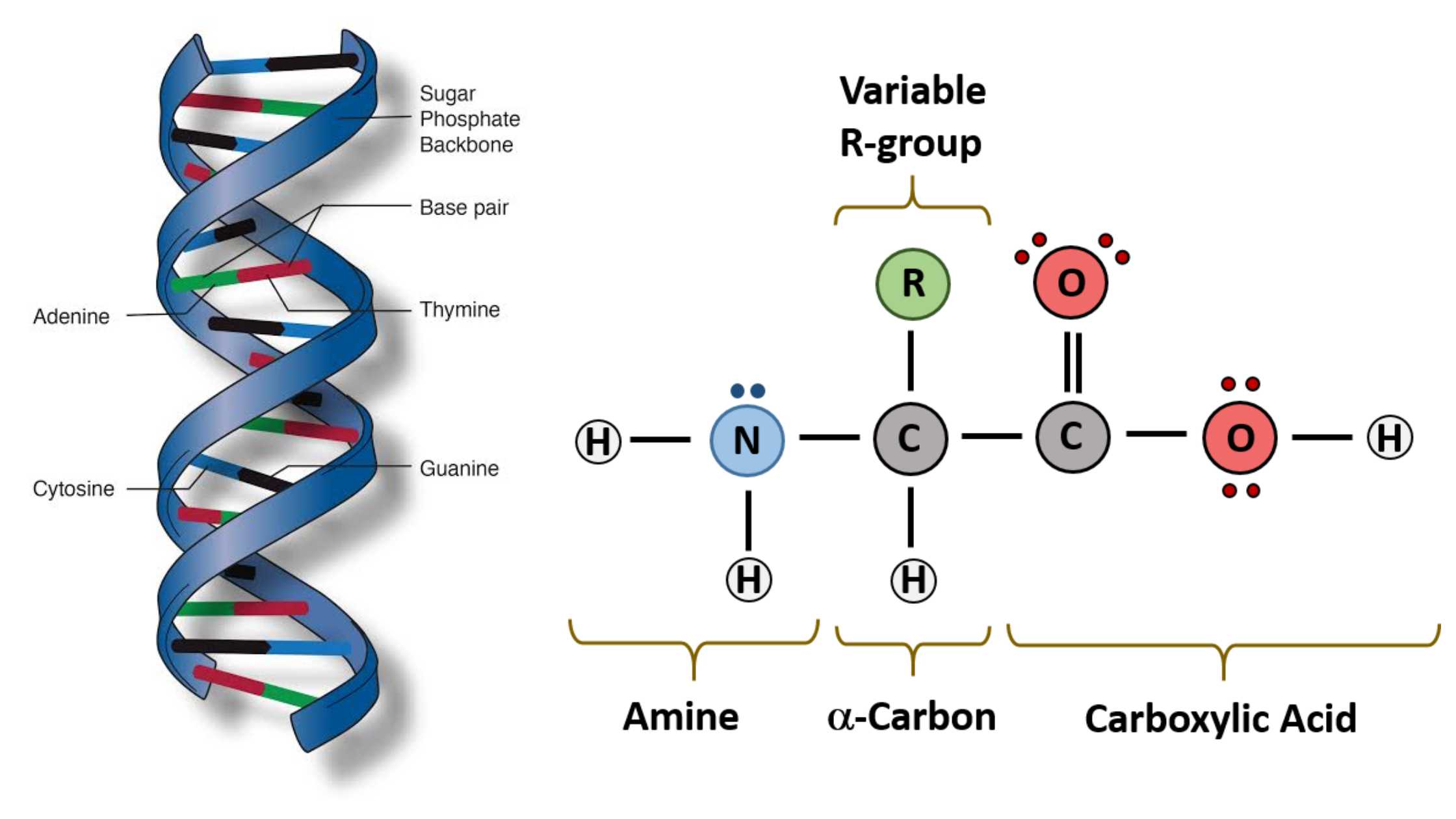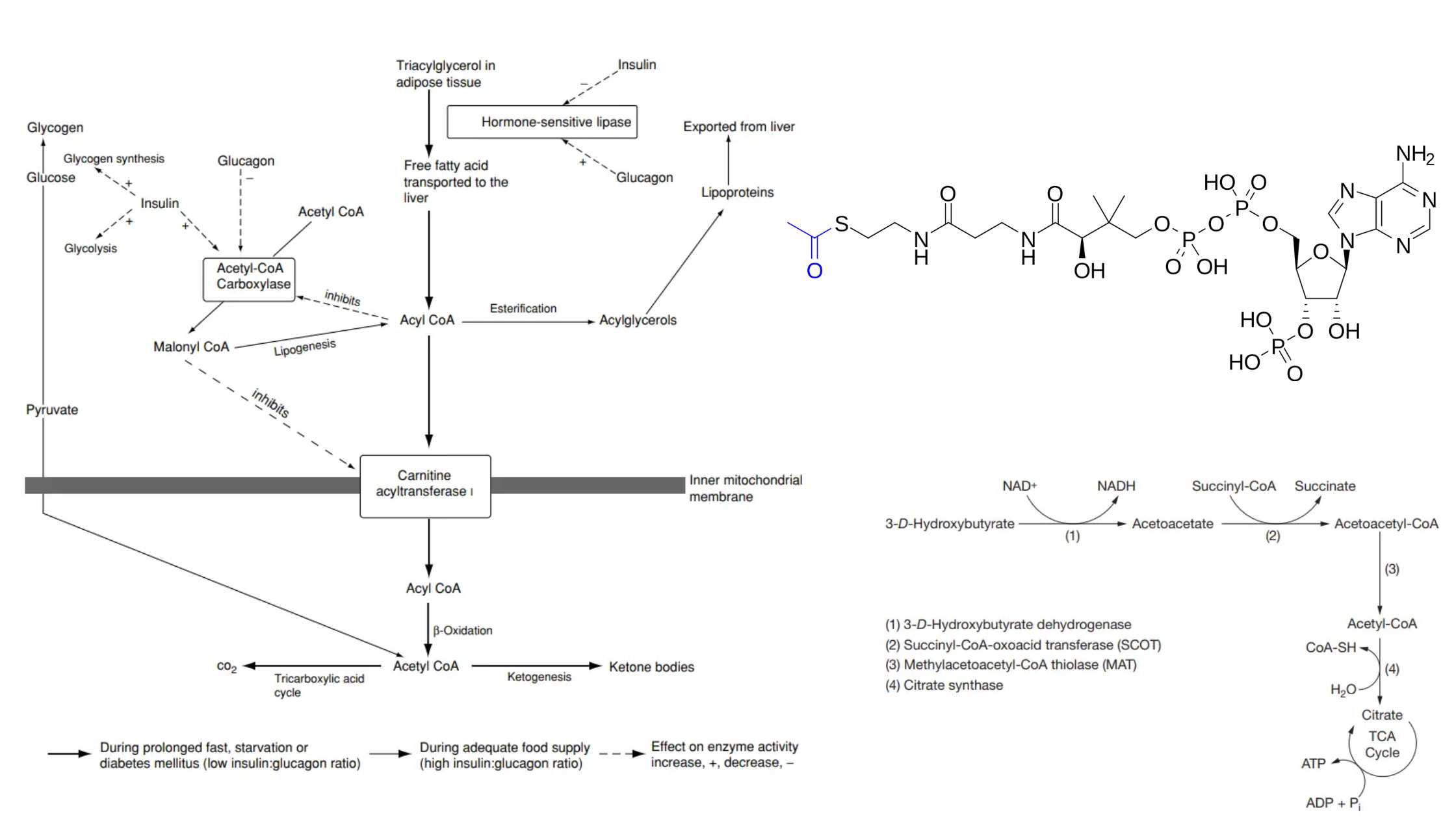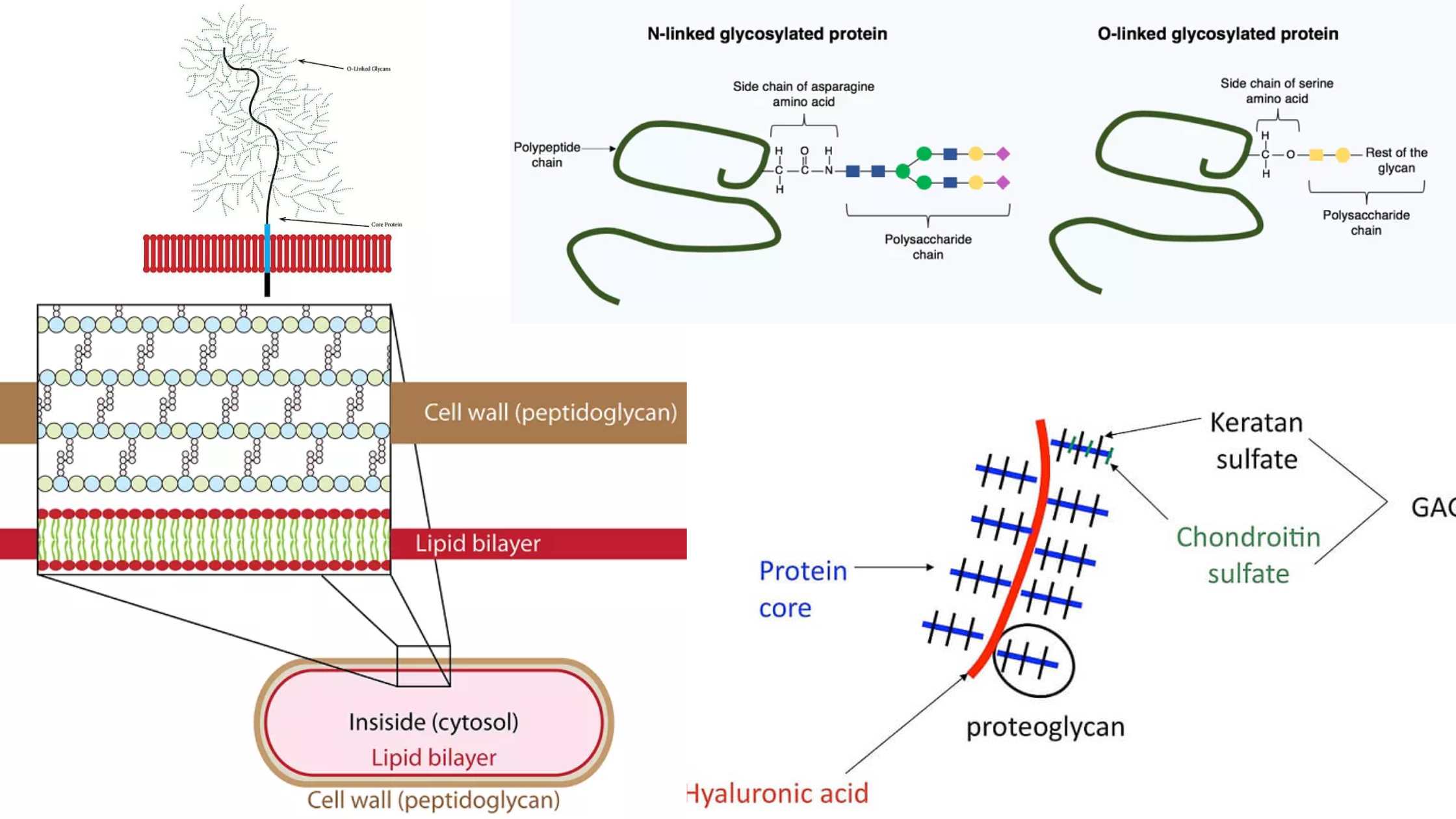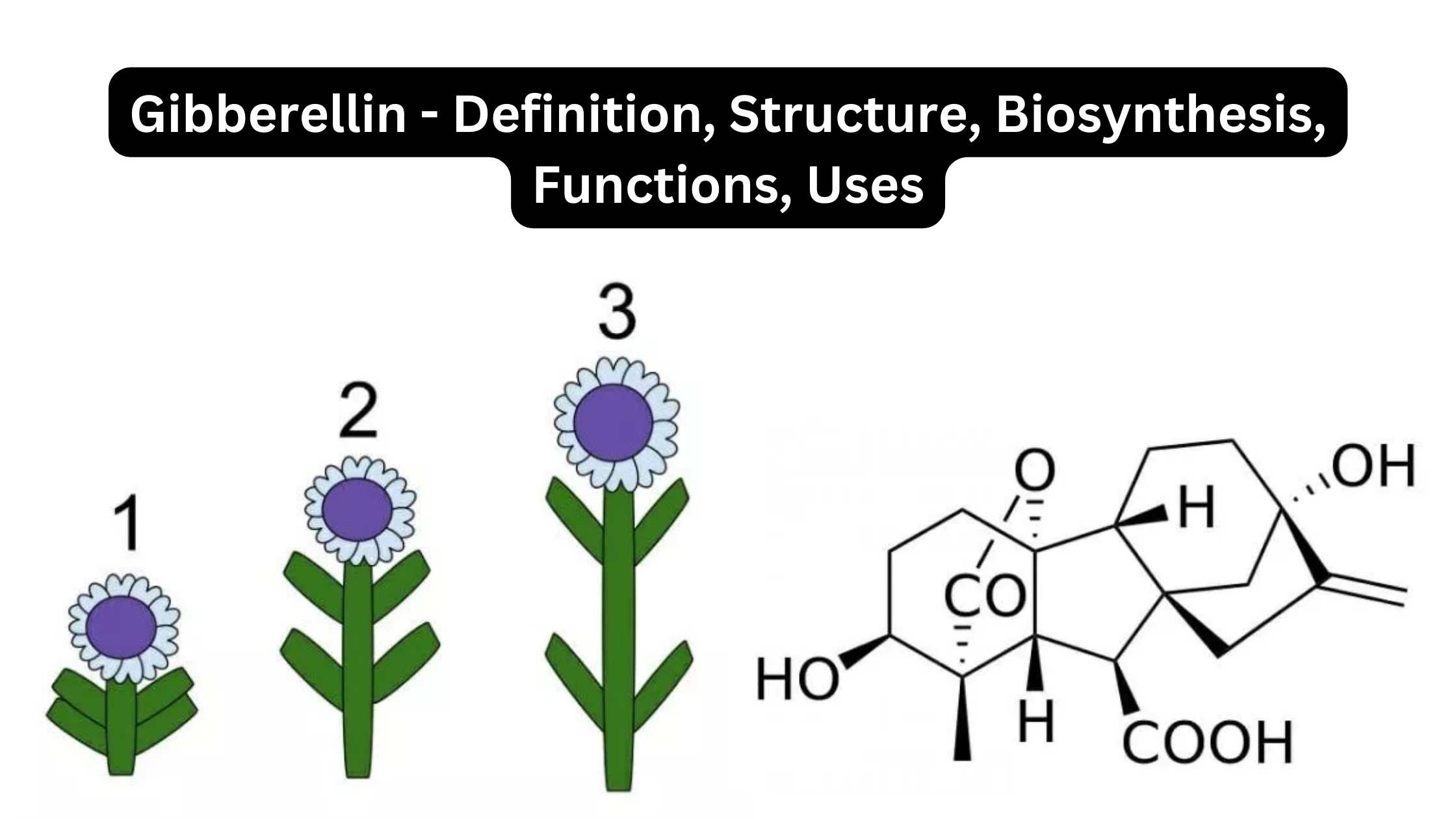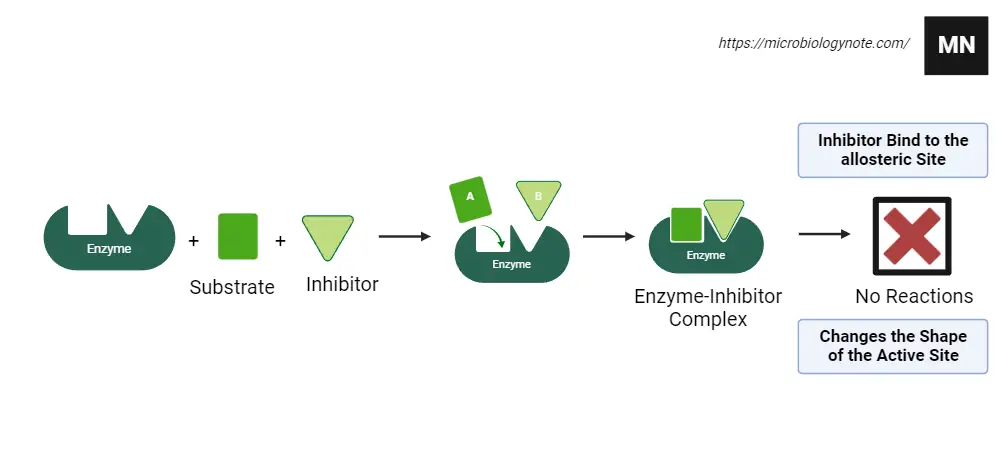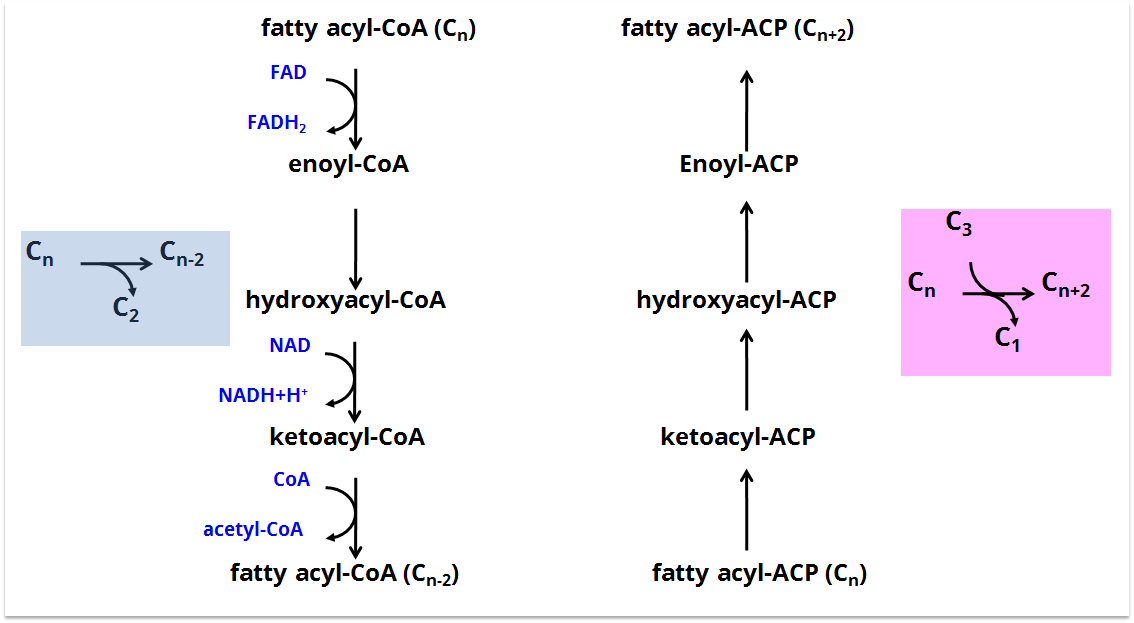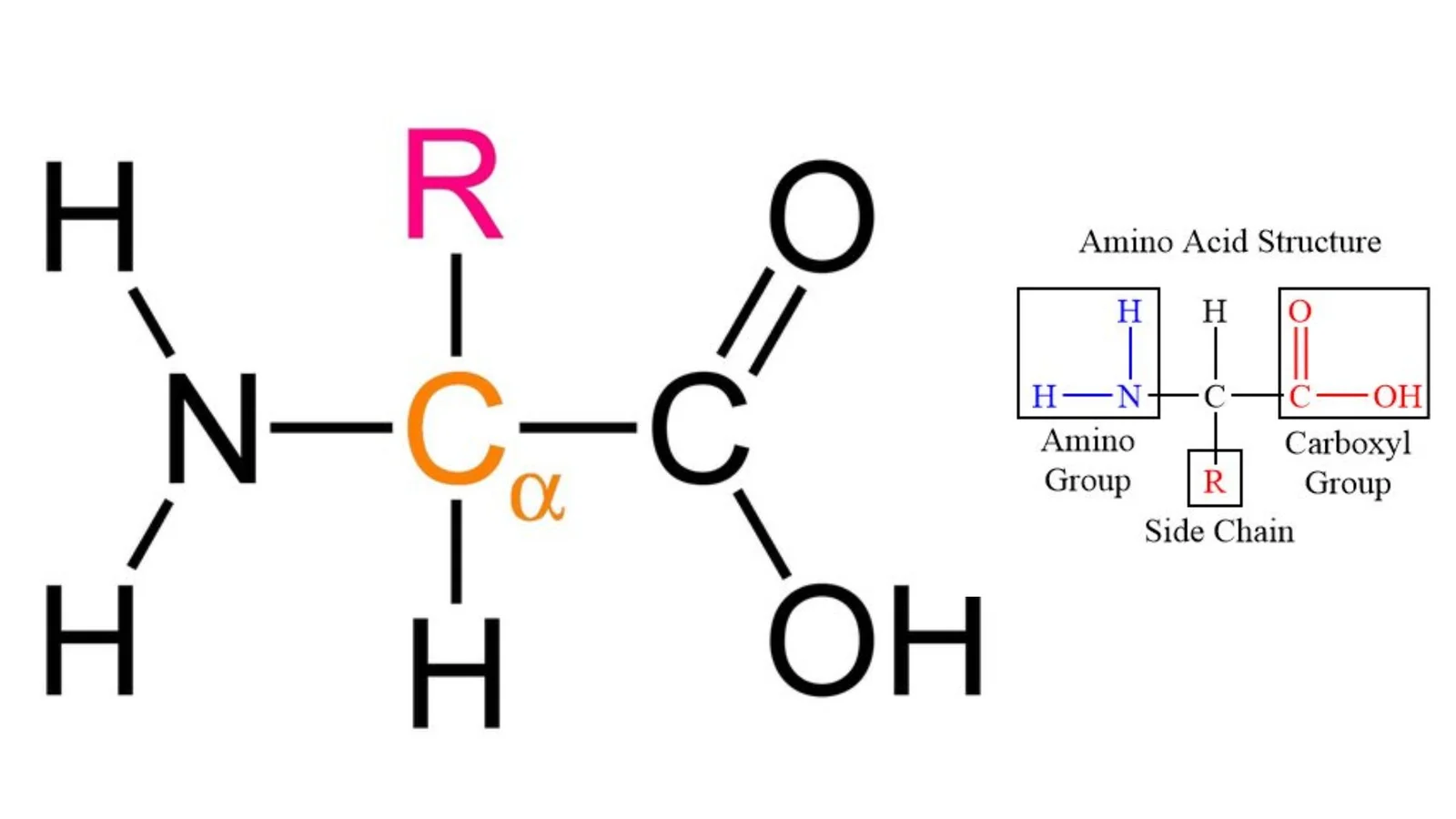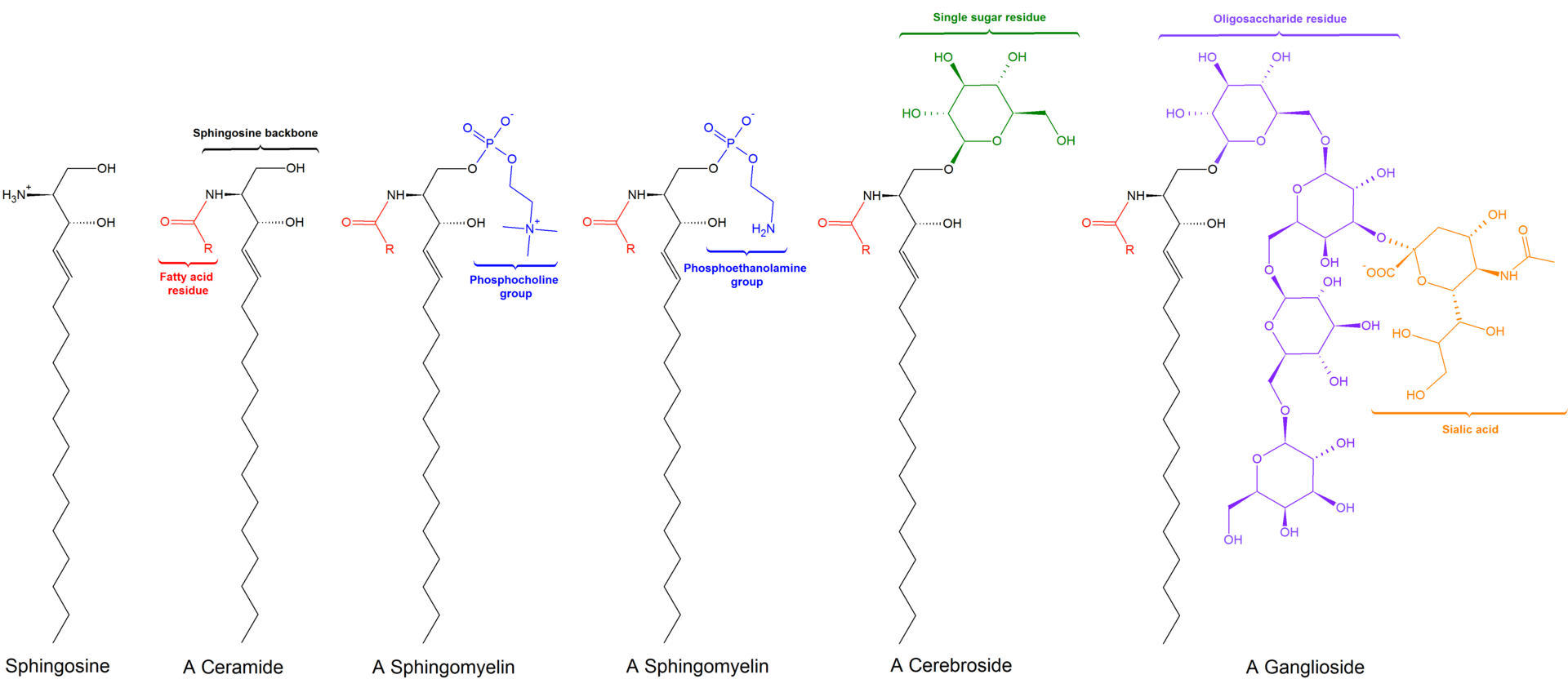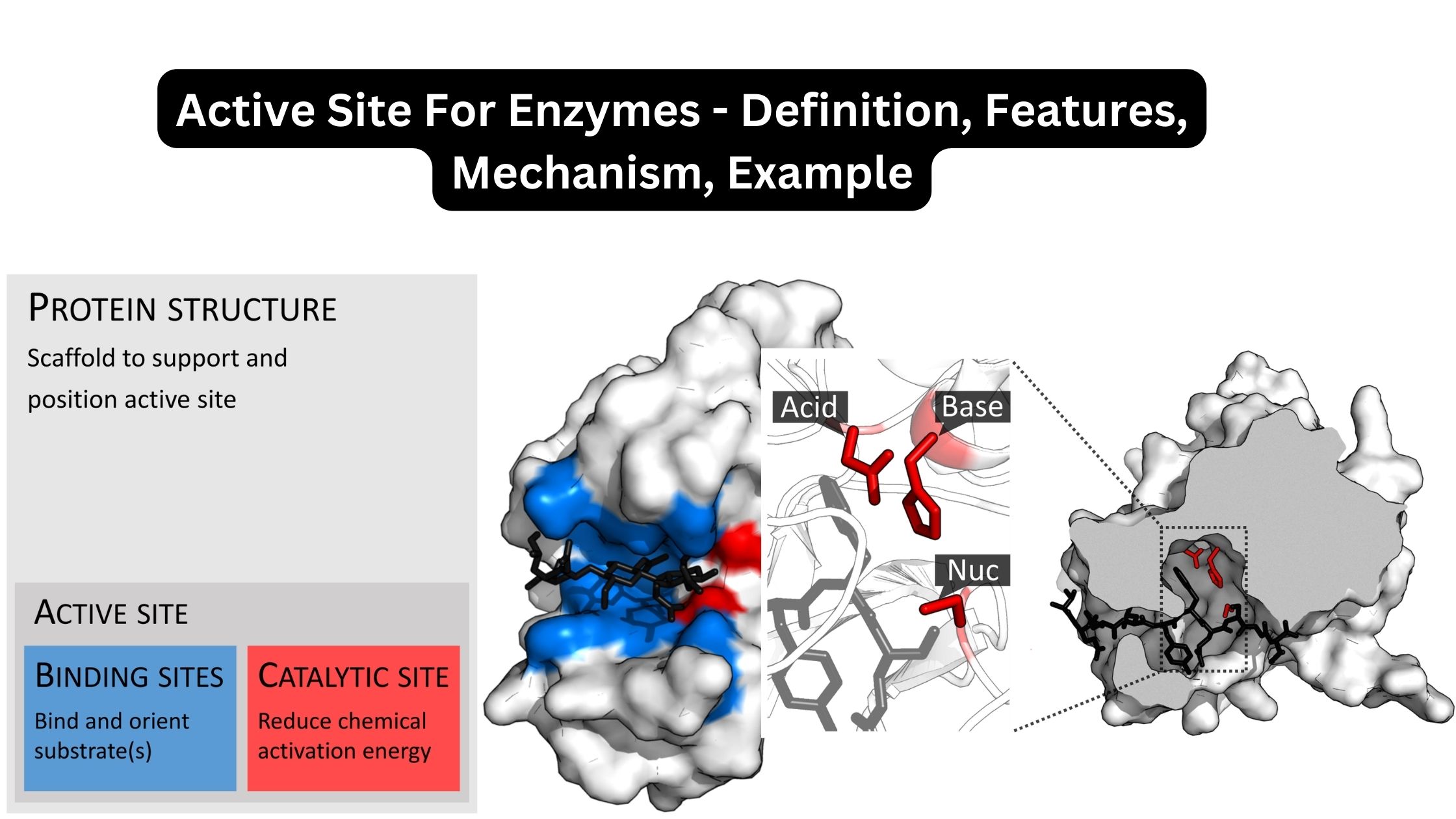Molecule – Definition, Types, Characteristics, Examples
What is Molecule? A molecule is a fundamental unit in the realm of chemistry, representing a group of two or more atoms bound together by chemical bonds. These bonds arise due to interactions between the electrons of the participating atoms. Delving deeper into the nature and significance of molecules: In essence, molecules are the building … Read more
